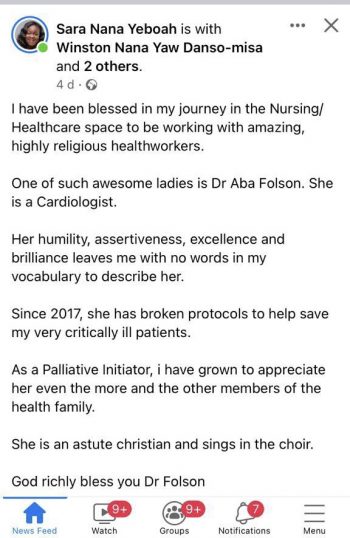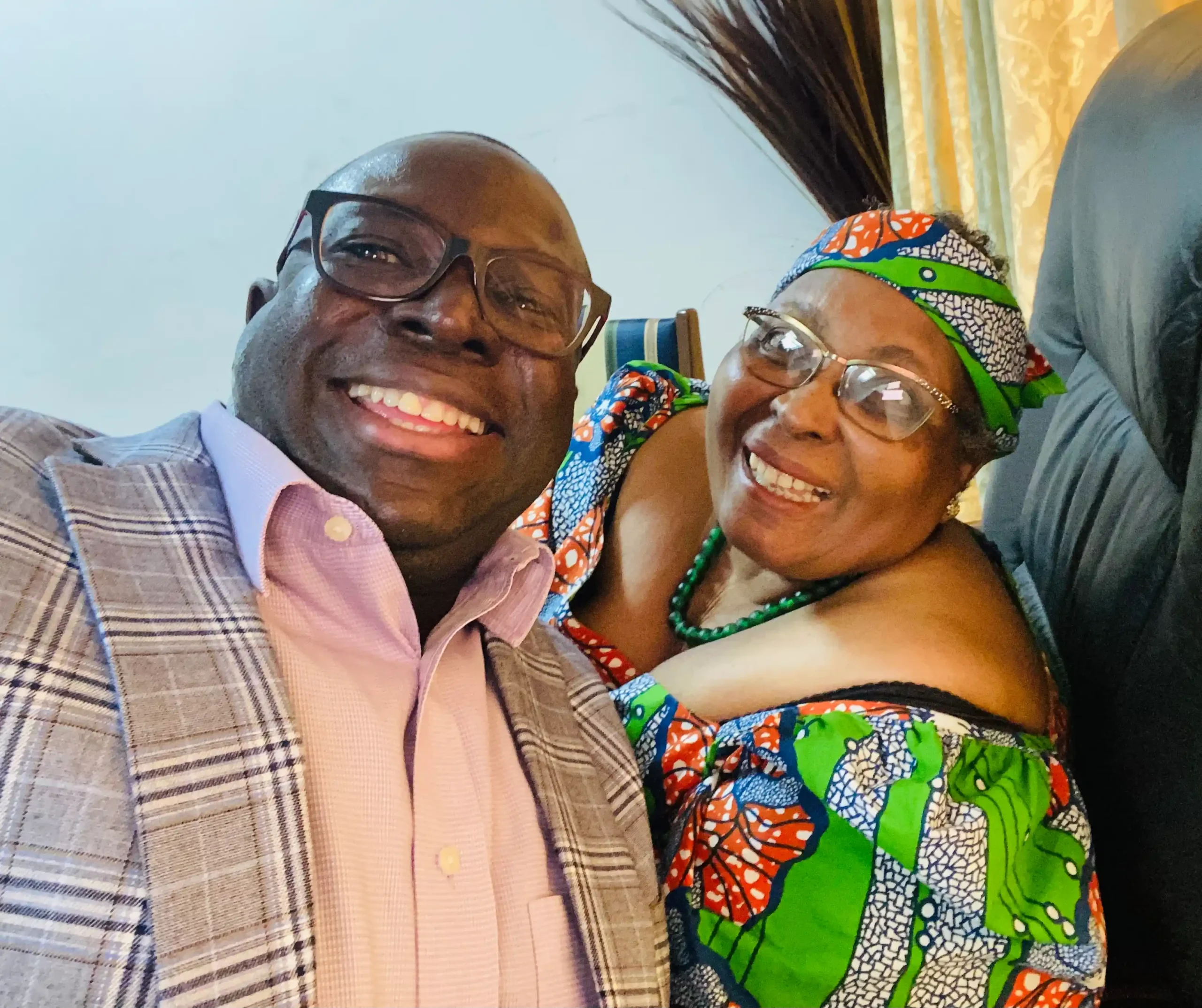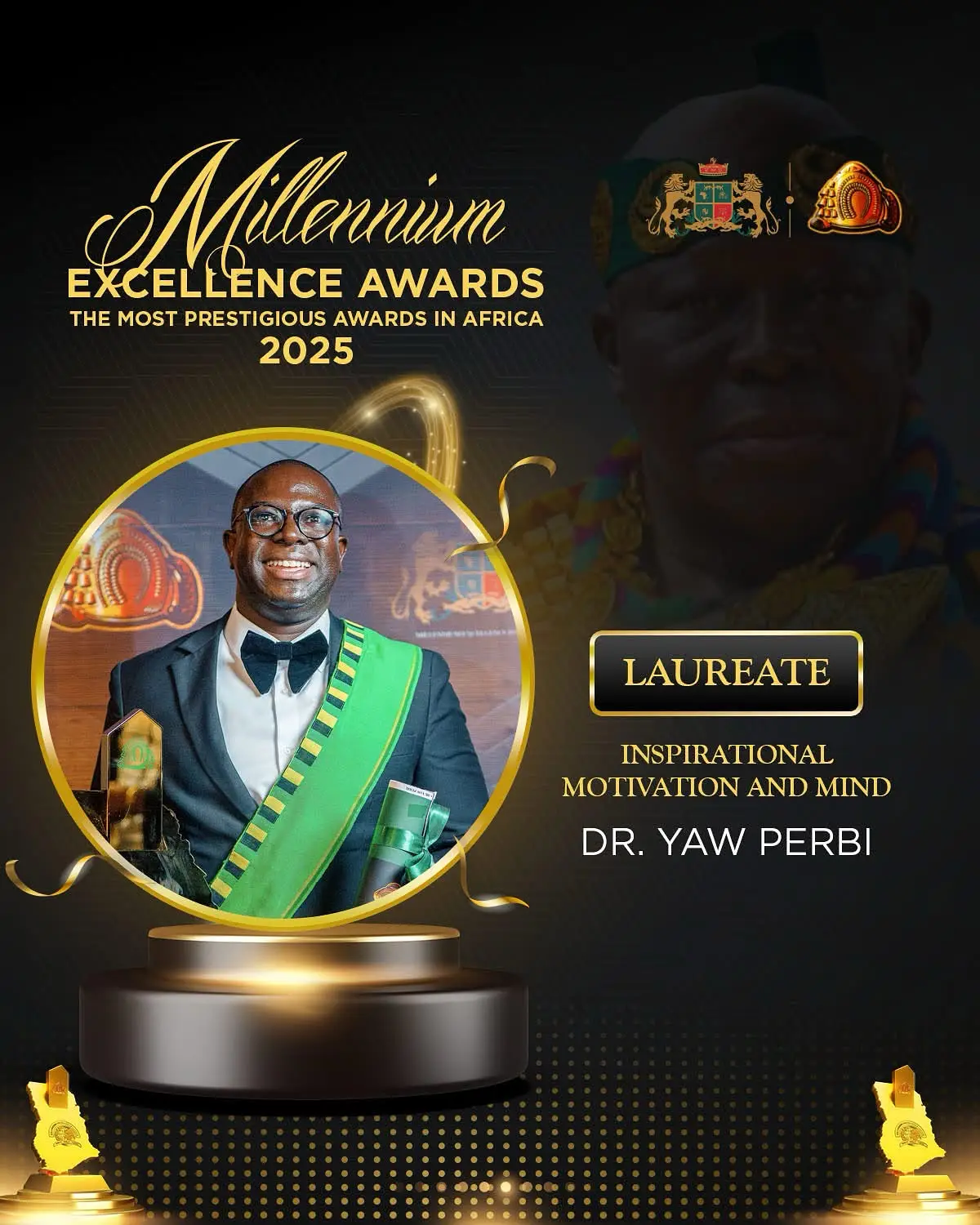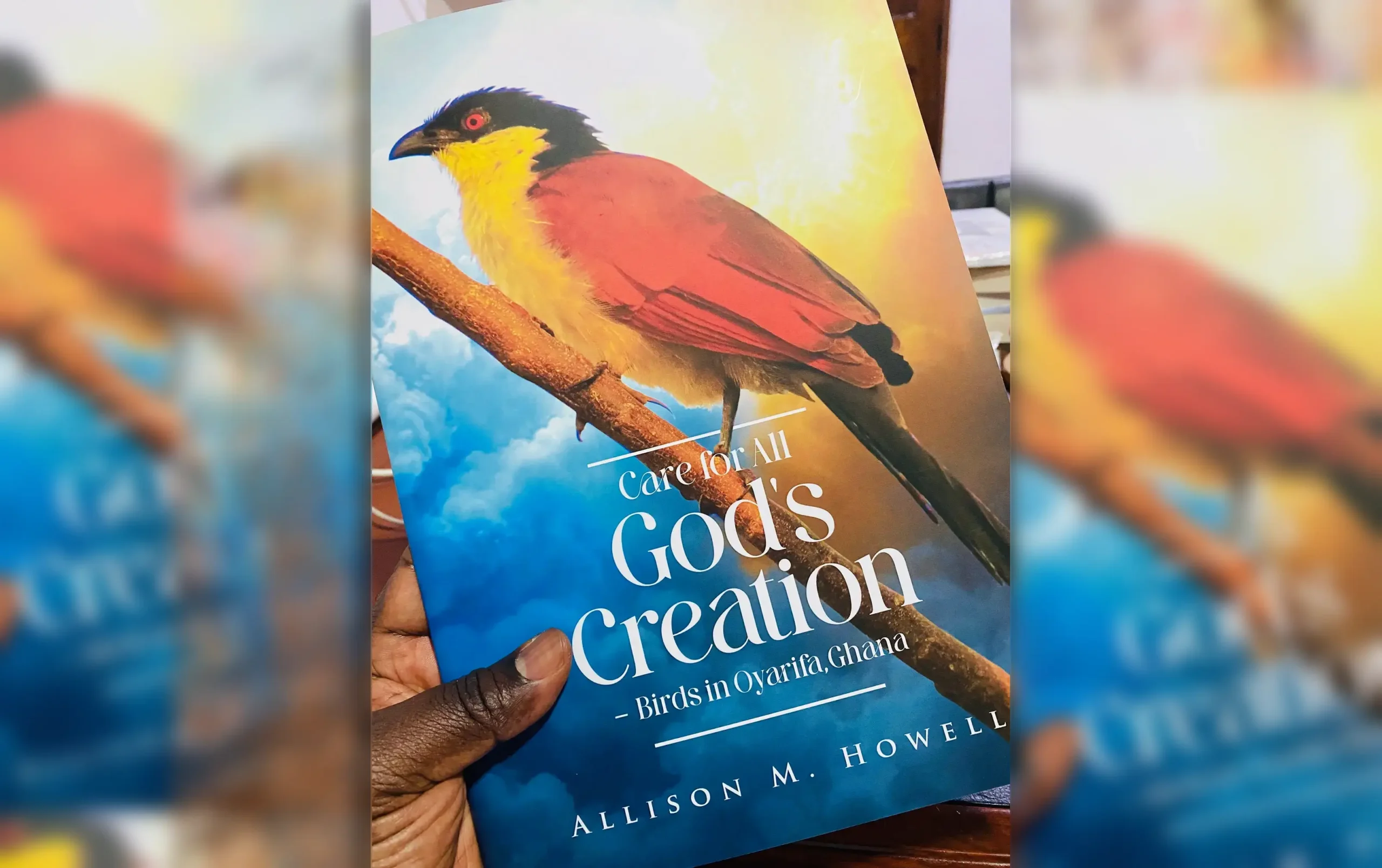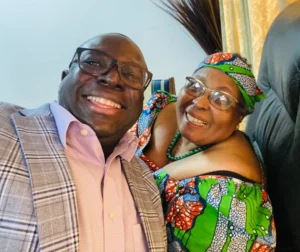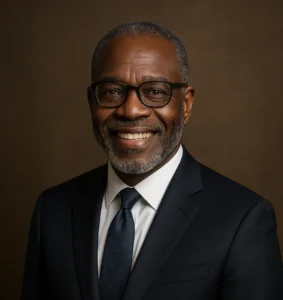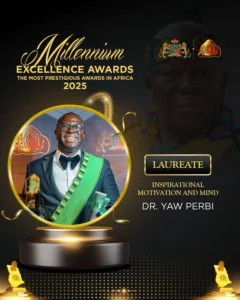
Although Pew’s projection of the Christian numbers is disputed by many, like the Center for the Study of Global Christianity (that it should be much higher)), the point being made in this article is still clear: the majority of the world has and will continue to be religious.
I’m very excited to begin my doctorate in global leadership this week. Having been a student of leadership for the last 25 years plus and acquired a Master’s degree in it a few years ago, I’ve felt it’s time to do the whole nine yards, not so much for the title (after all I’m already a doctor) but to go deeper and be even better-seasoned in my darling subject (or is it object?).
In going this doctorate route, I opted for a seminary environment because faith matters immensely to me, and indeed to the majority people in the world. The increased secularization of a formerly mainly ‘Christian’ Europe and certain sections of American society seems like an overwhelming flood to many only because it is a sharp deviation from the not-so-distant past when there was hardly any division between church and state; but also because the West disproportionately fills the media space. Only last week the German national broadcaster shared that a recent poll showed “most Germans find religion unimportant.” Yet the fact remains that the majority of the world has and practices a faith of sorts. In 2025, 90% of the world will be religious, my friends who run Operation World say; and by 2050, at least 87% of the world will still be religious, according to Pew Research.
The mid-twentieth-century secularization theory—that an increase in modernity means a decrease in religion— has been largely debunked by the likes of Berger (2014). According to Todd Johnson, who I just exchanged emails with, an astute associate professor of Global Christianity and Co-Director of the Center for the Study of Global Christianity at Gordon-Conwell Theological Seminary, “Despite increased modernity the world has in fact become more religious; 80.8% of the global population self-identified with a religion in 1970, rising to 88.1% in 2010 and with a projected increase to 91.5% by 2050,” higher than Pew’s projected 87% cited in the previous paragraph! Even the ‘unaffiliated’ doesn’t mean they aren’t religious; it often means they choose not to be identified with any ‘institutionalized’ religion. Just as humans have a physical, social and mental components that cannot be denied, so is there a spiritual capacity that we cannot run away from. French mathematician and philosopher Blaise Pascal put it succinctly, “There is a God-shaped vacuum in the heart of each man which cannot be satisfied by any created thing but only by God the Creator,” and in his experience and exposure, “by God the creator made know through Jesus Christ.”
By the way, I use the world ‘religion’ generally (and maybe even generously) because as an insider of the Christian faith I wouldn’t call Christianity a religion per se. Religion connotes man in search of God while in the Christian faith it is actually God in search of man. Not only that, religion tends to paint a picture of rigorous rules and rituals while true Christianity is more of a relationship with the Divine than a set of rituals or rules per se. That being said, for the purpose of this article faith, spirituality, divine relationship and religion are all being treated as ‘religion.’
FAITH AND WORK, FAITH @ WORK
Without God, and my faith in Him, I do not have a reason for being, a raison d’être. Neither do I have sustainable passion for my doings because all of it feels like, in the words of the wisest and wealthiest monarch ever, “vanity of vanity, it’s all vanity.” I have observed with grave concern the increasing divorce of faith from the work space, treating it like the plague or some highly contagious disease. Even on work-centric social media like LinkedIn, one cannot help but get the feeling that the mention of God in posts ‘spoils the atmosphere,’ which is riddled with human achievements, of brain and brawn (mainly the former), simply singing of how great we are.
But statistically, 90% and over of the people on LinkedIn are religious. There are myriads like me who know we wouldn’t be as excellent professionally but for our faith. Meanwhile, all who have an active religious affiliation yet act at work as if they have no faith are walking on the dangerous ground of inauthenticity. It is not integrous to want to, or have to, hide such an important part of one’s life as spirituality or faith in a space that easily takes up a third to half of our waking hours: work!
This week, a Muslim mate of mine from medical school, now a neurosurgeon, posted on our year group’s WhatsApp platform a screenshot of a heartfelt social media post someone had made about Dr. Aba Folson, one of our Christian colleagues who is now a cardiologist. This person who made the post, a nurse, starts by saying, “I have been blessed in my journey in the Nursing/Healthcare space to be working with amazing, highly religious health workers. One of such awesome ladies is Dr Aba Folson. She is a Cardiologist.”
She goes on to describe “her humility, assertiveness, excellence and brilliance” and how Aba has “broken protocols to help save my very critically ill patients.” The protocols she speaks of, I believe, were put in place to save patients in the first place, but there are situations where one has to do the unusual and even unconventional at great risk, which separates humans from machines and even artificial intelligence. The wisdom and courage to make such calls, Dr. Folson will say, I know for sure, comes from above. The writer of the text seems to be enamoured by the fact that Aba is “an astute Christian and sings in the choir.”
ALL WE NEED IS RESPECT
I still remember zooming down the corridor between the ER and the blood bank to fetch blood for a critically ill child. This was during my days as a medical officer at the 37 Military Hospital in Accra. We usually had junior staff who would do that but no, this young doctor run in his white coat. The child’s mother gathered the energy to attempt to run alongside me. Barely catching up and hardly catching her breath she managed to say these words, which I shall never forget, “Doctor, doctor I can tell you are a Christian.” She must’ve known that for a Christ-follower the Pauline admonition about work is clear and strong: “Whatever you do, work at it with all your heart, as working for the Lord, not for human masters.”
What is needed, indeed all that is needed, is for respectful co-existence in a pluralistic workplace, which is a microcosm of a really pluralistic world. The fight for diversity and inclusion in the workplace must not, and indeed cannot, be limited to ethnicity, age, gender, (dis)ability and such alone but faith as well. The majority of us wouldn’t be present at work with purpose and perform with passion and excellence without it, and none of us will be authentic in the workplace pretending we didn’t have it.
Faith works. Let your religion work at work—faith, love and hope at work. Your faith should make you a better professional; not worse. If your faith doesn’t make you better at work—which is all about service to humankind made in the image and likeness of God—it’s not worth following. Change it. Let’s see faith at work working, doing good works that bring God glory and bring about the good society—that’s the way it ought to be.
Post Script.
Right after I posted this blog, I came across a photo and headline on LinkedIn that said, “South African doctor: Professor “Mashudu Tshifularo” just became the first surgeon on earth to successfully perform surgery [with 3D technology] to cure deafness. He is also a pastor.” Ahem. Point nailed!

